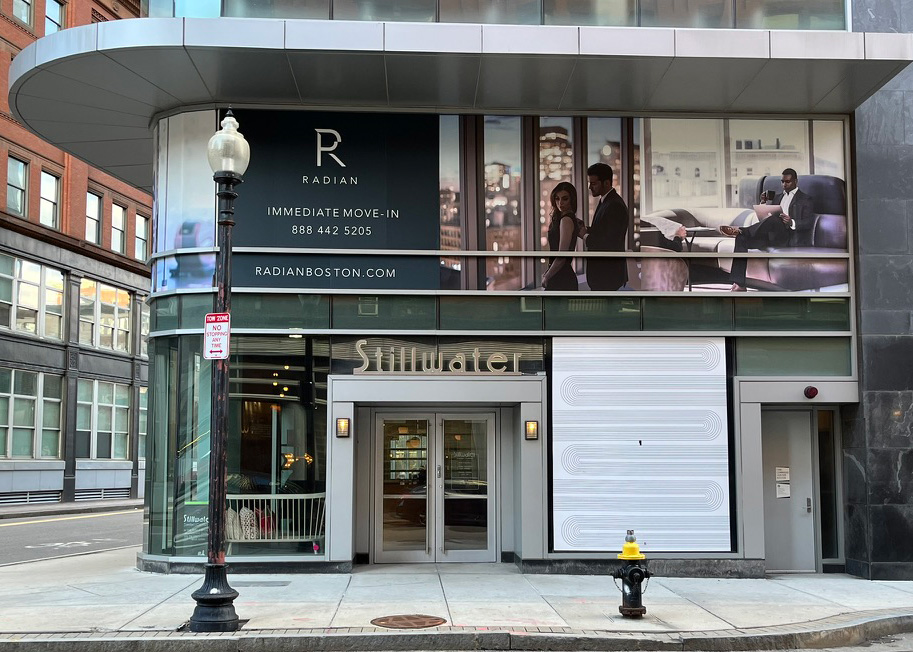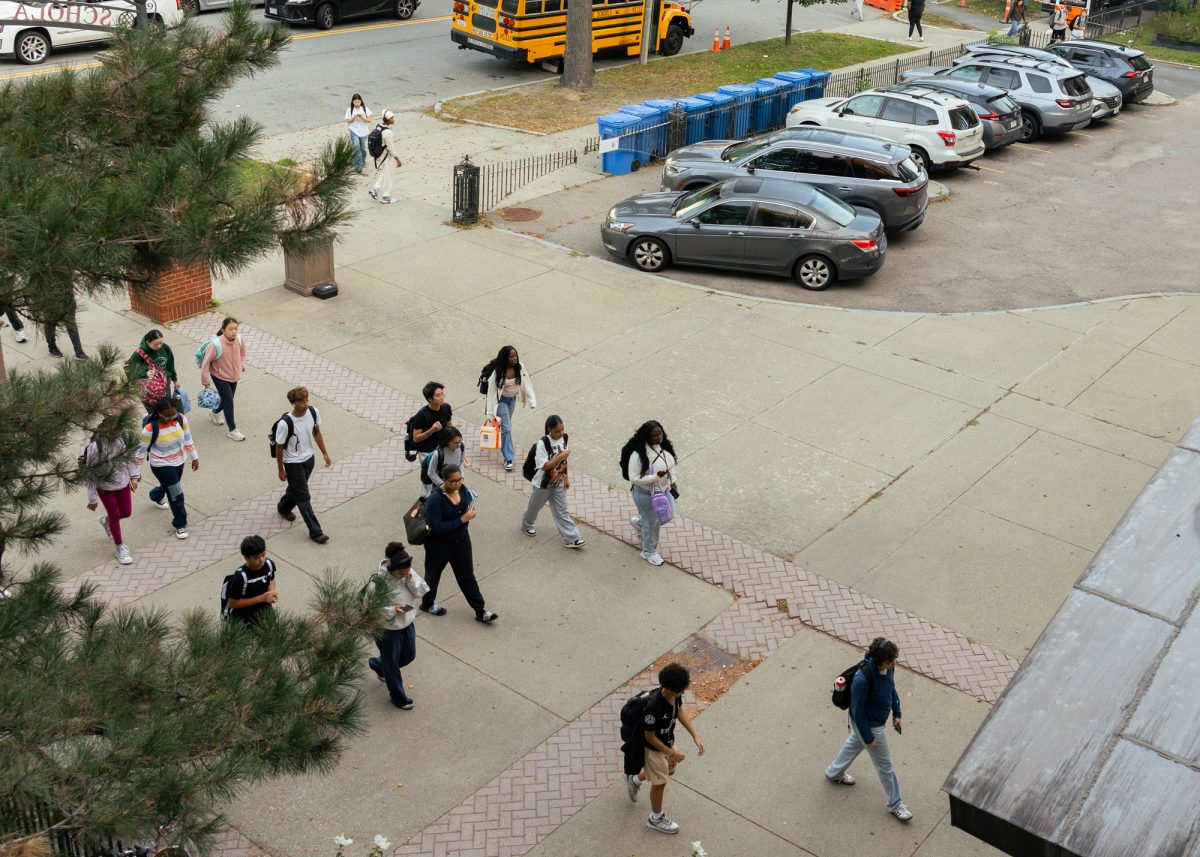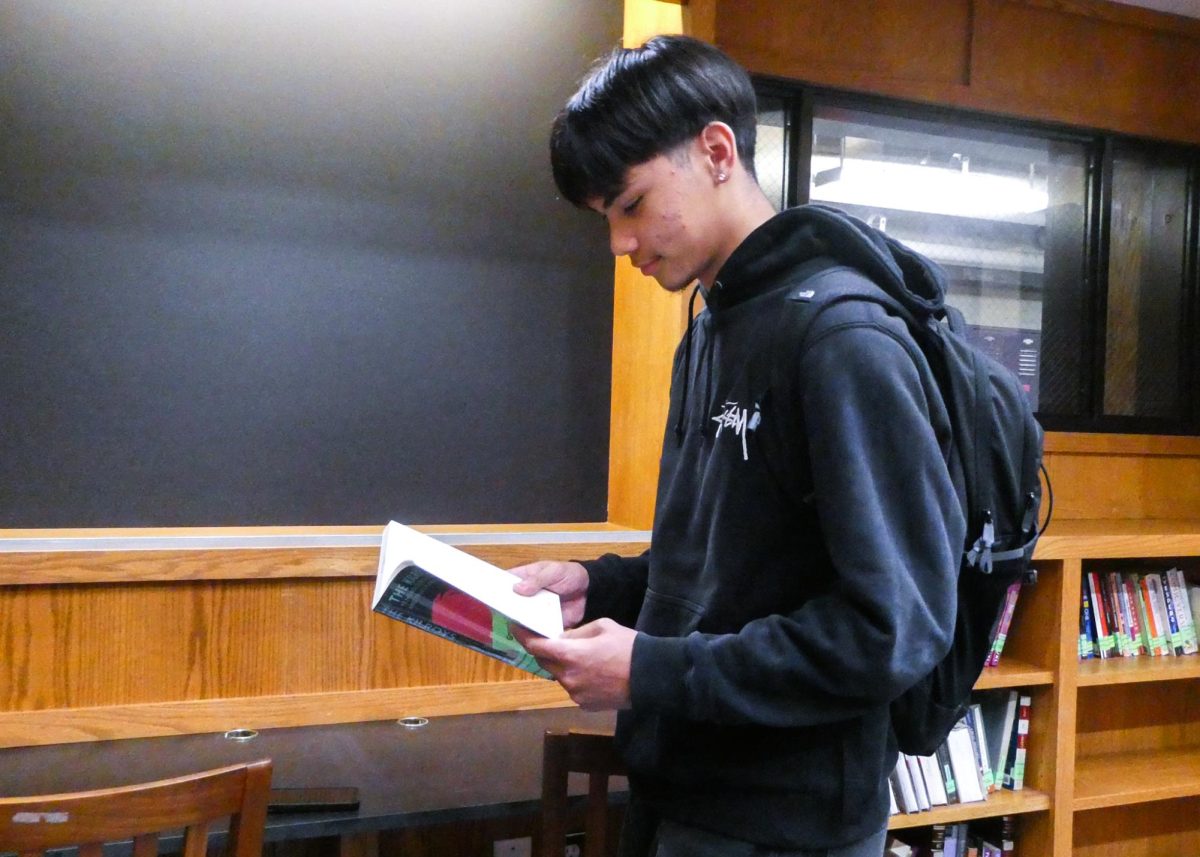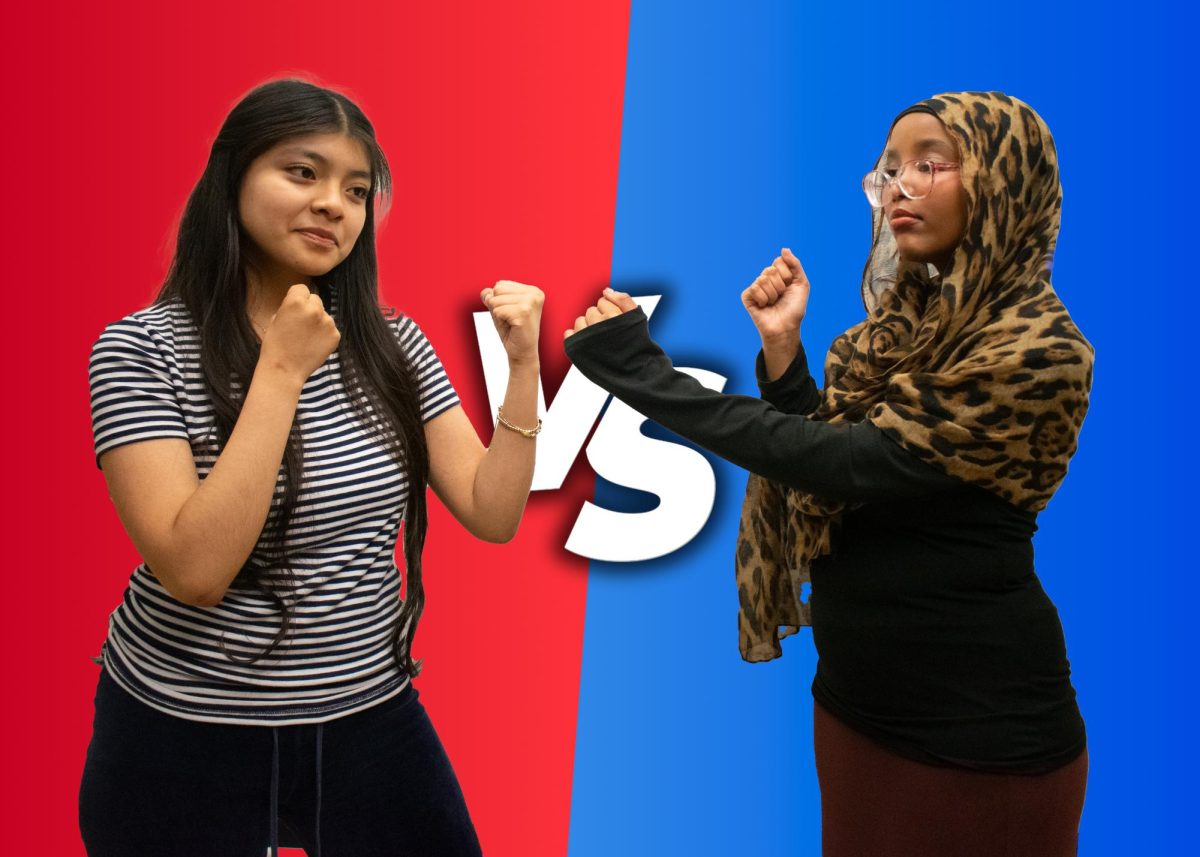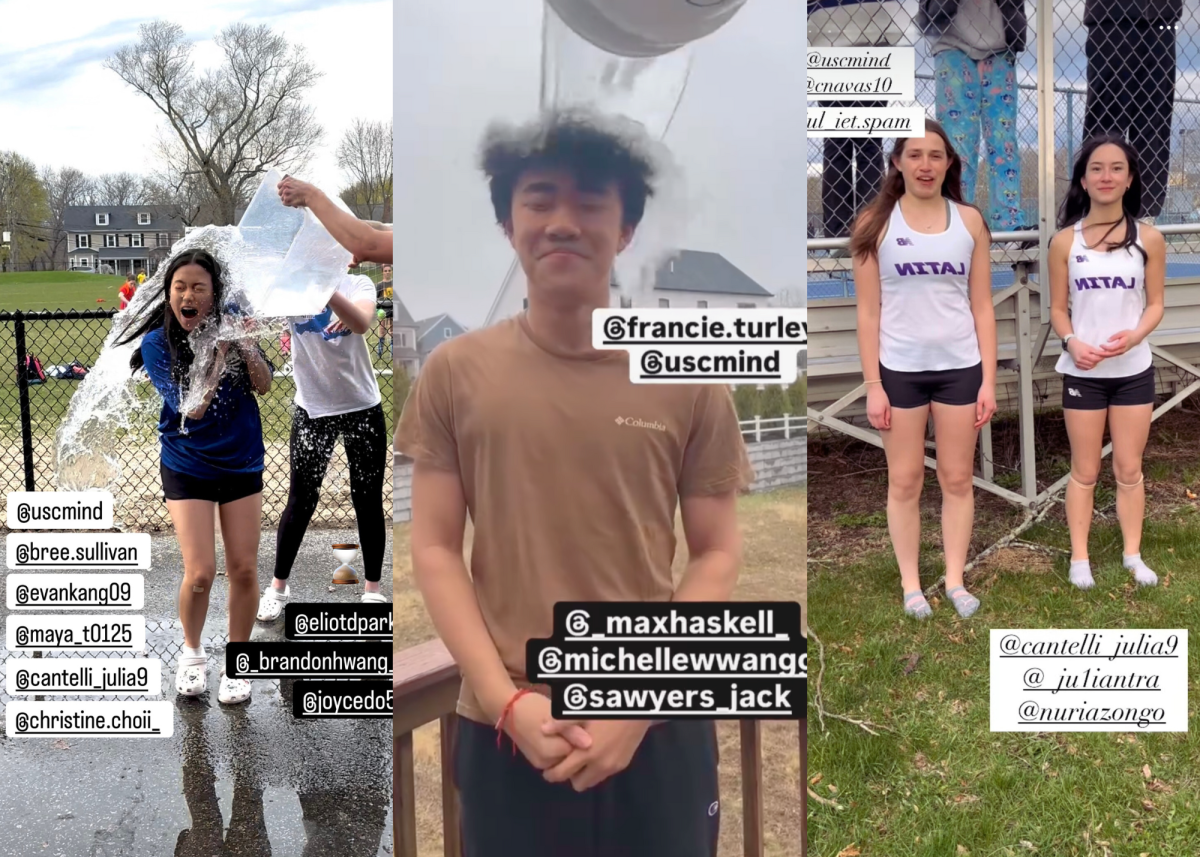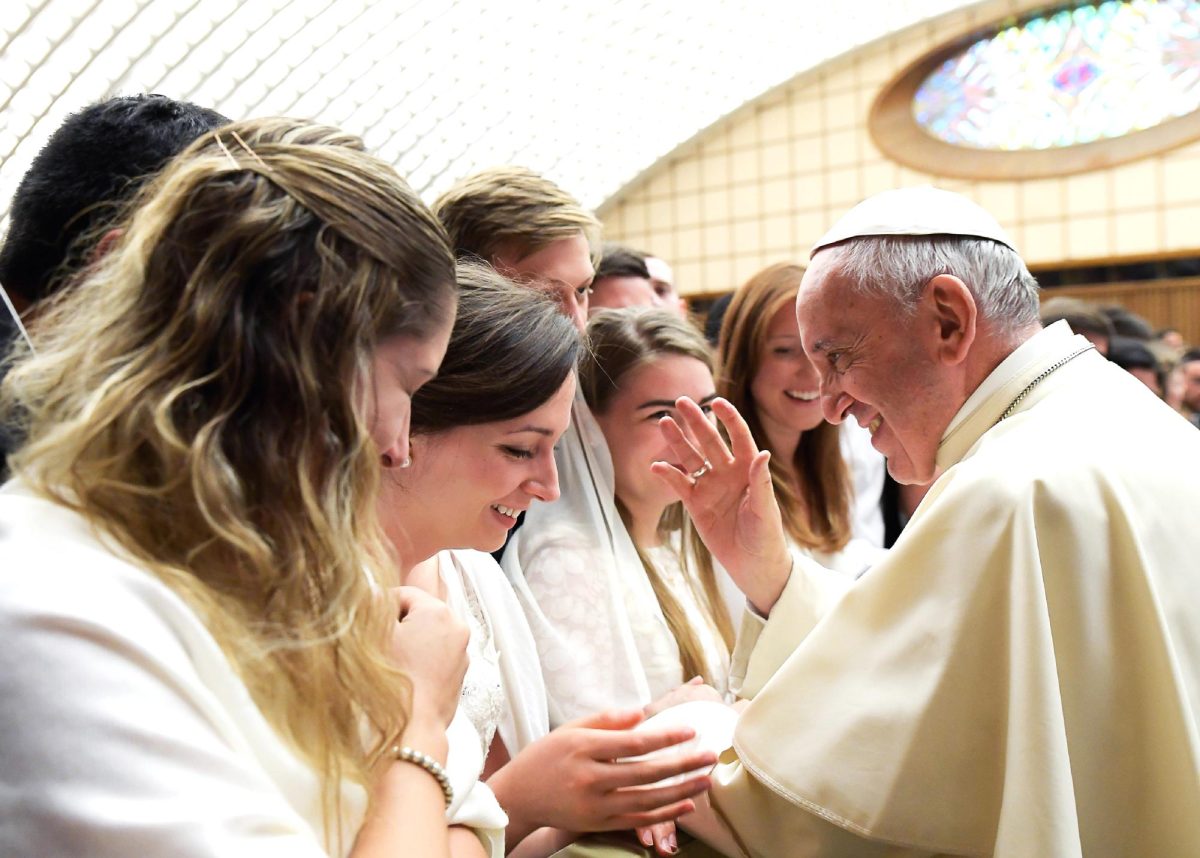Chinatown, the North End and the Latin Quarter in Jamaica Plain: these neighborhoods and many others have become integral sections of Boston. They are known as ethnic enclaves, neighborhoods where most of the residents are of a particular ethnic group. Unfortunately, as a large city like Boston continues to grow and evolve every day, its residents are ultimately left wondering about the outcome of these enclaves: should they remain mostly, if not completely, tied to the specific culture, or is there value in opening them up to new influences?
Considering almost 27.6 percent of Boston’s residents are foreign-born, these areas, built by immigrant communities as a place for connection, are spaces for growth and learning. They are also vital places for celebrating and passing on traditions. Urbanization is an increasing threat to this legacy. It is thus essential that residents do their best to protect these spaces and uphold their legacy.
Ethnic enclaves have been around for centuries, providing a place of sanctuary for new immigrants. People have built homes, businesses and families in these ethnic enclaves, and have curated their entire life there. These days, however, gentrification, which refers to the process in which wealthier people and businesses move into lower-income areas, is a mounting issue. In these cases, the community is often met with expensive rents that displace long-time residents and family-run businesses. Newcomers that do not fit the specific enclave’s traditional identity have increasingly moved in. Eva Diaz (II) comments, “When I see a restaurant or business that isn’t tied to the neighborhood’s culture open in an ethnic enclave, it raises my eyebrows. It feels like a step backward for a community that has worked so hard to build its identity and support one another.”
In addition to the direct impact on residents, gentrification changes an area’s unique character, with the arrival of many new businesses and shops. Diaz notes, “When culturally-unaware businesses come in, it feels like a slap in the face to everyone who worked so hard to build something of their own, something they call home. It undermines the unique identity of these communities and erases the contributions that have been made over generations.” While these immigrant communities may have built these enclaves for decades, preserving cultural identities and traditions and relying on each other for support, they can still be wiped away in the blink of an eye. If they disappear, so does a major opportunity to learn about other cultures without having to travel abroad.
Some, however, argue that these traditionally ethnic enclaves naturally change and evolve over time. Katie Baide (III) comments, “Because Boston is already diverse [with] in itself, it’s not surprising to me at all that a business that isn’t tied to the neighborhood’s culture is open in an ethnic enclave. I would expect to see something different even if a neighborhood claims to be predominantly one culture.”
Insisting that these ethnic enclaves stay true to only one specific culture can generate controversial opinions and arguments. Saying an ethnic enclave must stay true to its roots can unintentionally reinforce stereotypes and alienate visitors. Cities, after all, are like bodies of water because they are always flowing with new people, languages, cultures, homes and businesses. It is nearly impossible to keep an ethnic enclave secluded to a specific culture. Letting new cultures and businesses to spread into these neighborhoods, like Chinatown and the Latin Quarter, can be a good thing. It is a sign of diversity, inclusivity, growth and connection.
Upholding enclaves in Boston, like Chinatown, the North End and the Latin Quarter in Jamaica Plain allows people to have a shared cultural identity and string of connection between them. Though change is inevitable, an essential part of maintaining a healthy, diverse society is providing a safe space for all, where everyone can learn from each other and appreciate our differences.
Categories:
Should Ethnic Enclaves Stay True to Their Roots?
By Hiba El Fatihi (III), Contributing Writer
May 3, 2025
Expensive, non-Chinese restaurants threaten longstanding establishments in Chinatown. (Source: Ben Choi-Harris (I))
0



